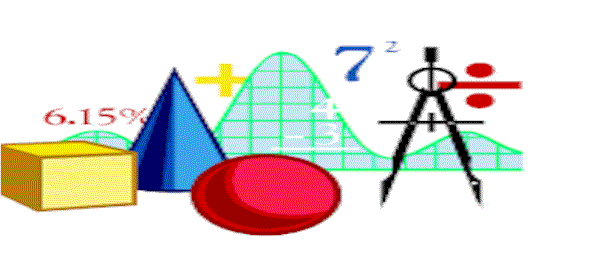
lambda

|
lambda
|
The lambda special form returns an instance of a Lambda object. When called, the Lambda
extends its environment to include the specified argument variables {arg}, the arguments are
received and bound to the proper variables {arg}, the expressions {exp} are evaluated
from left to right, and the value of the final expression is returned.
An Analytic Information Server Lambda may be defined, with a definite list (fixed) or an indefinite
list of arguments (variable). The ellipses at the end of the argument list indicate the function
has indefinite arguments. At run time, the Lambda's actual arguments are bound to the specified formal
definite arguments respectively. An error is generated if there are too few arguments in the definite
argument list. If the number of actual arguments exceed the number of definite arguments, and the
function has been defined as having indefinite arguments, the excess arguments can only be accessed
during via the argCount and argFetch functions at run time. The keyword faces:(var...) declares the interfaces feature Structure of the Lambda.
The features are specified as lists, faces:((english true) (french false)), the listed
feature is initialized to the value specified. The keyword vars:(var...) declares the temporary variables of the Lambda. The variables are
specified as follows vars:(X Y...). If any one of the variables is specified as a list,
vars:((X 0) Y...), the listed variable is initialized to the constant value specified.
(The variable X is initialized to the constant 0). Unlike the setq or define special forms, the vars
special form always evaluates the initialization value as a constant. The keyword pvars:(var...) declares the persistent variables of the Lambda. The variables are
specified as a list pvars:(W Q...). If any one of the variables is specified as a list,
pvars:((X 0) Y...), the listed variable is initialized to the constant value specified.
(The variable X is initialized to the constant 0). Unlike the setq or define special forms, the pvars
special form always evaluates the initialization value as a constant. The keyword cvars:(var...) declares the persistent class variables of the Lambda. The variables are
specified as a list cvars:(W Q...). If any one of the variables is specified as a list,
pvars:((X 0) Y...), the listed variable is initialized to the constant value specified.
(The variable X is initialized to the constant 0). Unlike the setq or define special forms,
the cvars special form always evaluates the initialization value as a constant. The keyword rvars: (var...) declares the register variables of the Lambda. The variables are
specified as a list rvars: (W Q...). If any one of the variables is specified as a list,
regs: ((X Integer) Y...), the listed variable is initialized to the type value specified
(Integer, Number, CharPointer, ShortPointer, JumpPointer, IntPointer, or NumPointer).
The variable X is initialized to the data type Integer (up to fifty register variables are allowed).
Unlike the cvars or pvars special forms, the regs special form always evaluates
the initialization value as a data type. The body of the Lambda is a sequence of Lisp expressions {exp}. At run time, each of the
expressions is evaluated, in the extended environment, from left to right. The Lambda returns the value
of the final expression in the sequence. When to use Use the lambda special form when an Lambda is to be created in Lisp. The Lambda is not
assigned to a global variable as with the defun macro.
An Lambda object.
Here are a number of links to Lambda coding examples which contain this instruction in various use cases.
Here are the links to the data types of the function arguments. Here are also a number of links to functions having arguments with any of these data types.
You can always talk with the AIS at aiserver.sourceforge.net.
Name
Description
AIS Types (arg...) Optional Argument. Argument list for the Lambda. --- faces:(var...) Optional Argument. If present, must be followed by a interfaces feature list. Symbol vars:(var...) Optional Argument. If present, must be followed by a local variable list. Symbol pvars:(var...) Optional Argument. If present, must be followed by a persistent variable list. Symbol cvars:(var...) Optional Argument. If present, must be followed by a persistent class variable list. Symbol regs:(var...) Optional Argument. If present, must be followed by a register variable list
(up to fifty register variables are allowed). Symbol exp... The Lisp statements that forms the Lambdas ---
Returns:
Examples
Argument Types
Lambda

How do I contact the AIS team?